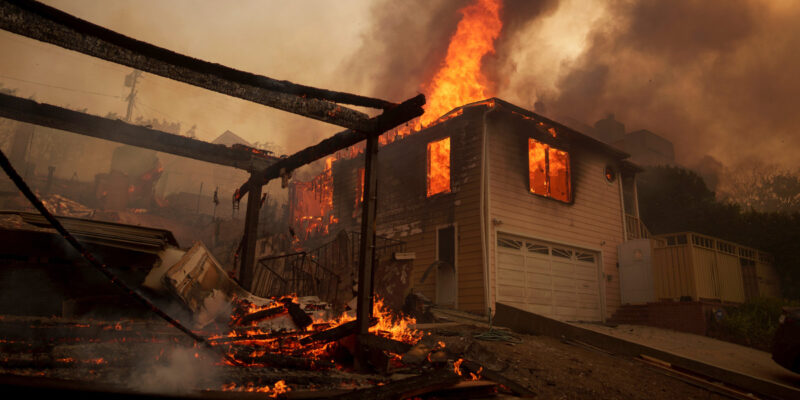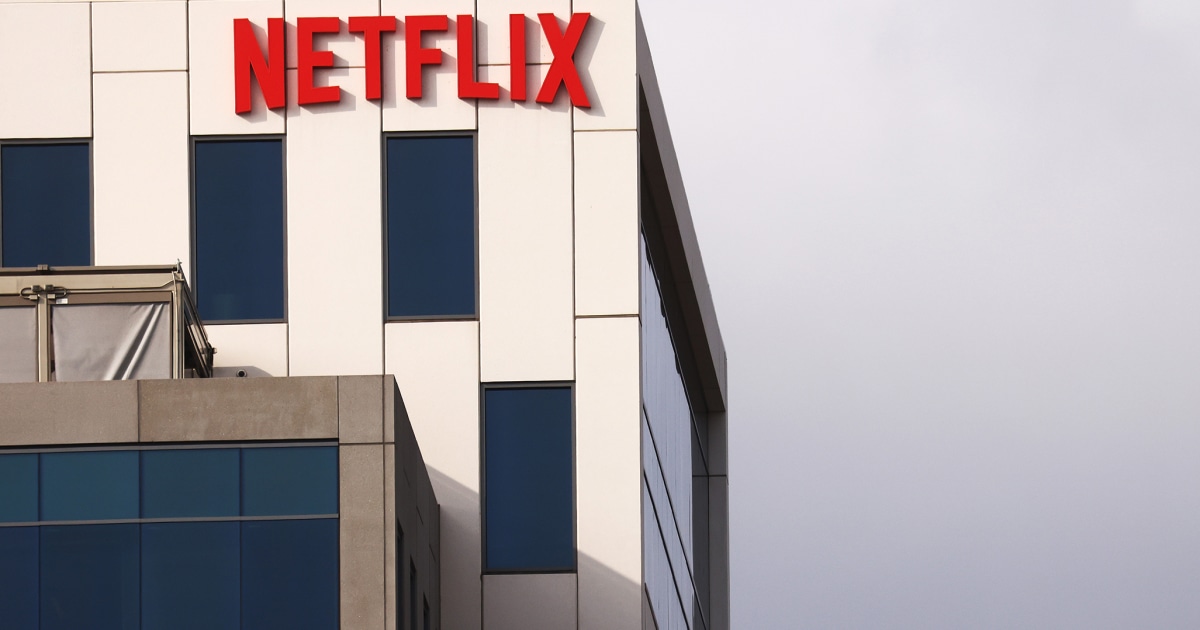
Federal student loan borrowers affected by the wildfires ripping across Southern California have relief options if they’re worried about keeping up with their payments as they recover.
The same holds true for other people with education debt who find themselves grappling with extreme weather and climate disasters.
“Borrowers impacted by natural disasters may qualify for temporary relief from student loan payments,” said Carolina Rodriguez, director of the Education Debt Consumer Assistance Program, based in New York.
It’s a good idea for borrowers to familiarize themselves with the relief available to them in case they should need it, experts said.
There was a record number — 28 — of billion-dollar disasters in the U.S. during 2023, including wildfires, droughts and tornados, according to the National Oceanic and Atmospheric Administration. By November of 2024, there were 24 confirmed weather and climate disaster events with losses also exceeding $1 billion each.
Here’s what federal student loan holders should know about their options during a natural disaster.
How a natural disaster forbearance works
The Heroes Act of 2003 provides “several forms of relief” to certain student loan borrowers who live in or are employed in an area that is affected by a natural disaster, said higher education expert Mark Kantrowitz. Likely one of the most helpful options will be a natural disaster forbearance.
“Climate change has affected the frequency and severity of natural disasters, making these waivers and forbearances increasingly important,” Kantrowitz said.
At Studentaid.gov, the U.S. Education Department says its federal student loan servicers check the Federal Emergency Management Agency website at least once each business day to identify all impacted areas connected to a disaster declaration.
In many cases, the Department of Education will automatically put qualifying borrowers into a natural disaster forbearance, Kantrowitz said.
“Borrowers generally do not need to apply for this,” he added. Still, borrowers who want to make sure their payments are paused might want to contact their loan servicer.
The natural disaster forbearance lasts for up to 90 days, according to the Education Department. In some cases, borrowers will be granted 30-day extensions. However, the forbearance can’t exceed 12 monthly billing cycles from the date of the disaster. (Loan interest continues to accrue during the payment pause.)
Meanwhile, those who want to decline the automatic natural disaster forbearance because they’re able to make their payments should contact the Education Department to do so.
Relief for current students, delinquent borrowers
Borrowers who are students at the time of a natural disaster may continue to qualify for an in-school deferment, Kantrowitz said, even if they’re not able to complete the school year.
If you’re in default on your student loans and impacted, you or a family member can contact the Education Department and request a three-month suspension of collection activity.
‘Documentation may not be necessary’
Your loan servicer may request certain documents to verify your eligibility for the forbearance, but you should be granted deadline extensions if the disaster makes accessing such paperwork difficult or impossible.
“Documentation may not be necessary, given that documentation is often lost during a natural disaster,” Kantrowitz said. “You just need to show that you are an affected individual. The request can be made orally and does not need to be in writing.” (Showing that you’re impacted may be as easy as providing the address of your home or workplace.)
Climate change has affected the frequency and severity of natural disasters, making these waivers and forbearances increasingly important.
If you’ve lost any of your student loan records in a disaster, you can access the information through your Studentaid.gov account.
Ineligible borrowers may have other relief options
If the natural disaster is not federally declared or borrowers aren’t deemed eligible for the forbearance for some reason, they can still request a temporary payment pause by applying for a general forbearance with their servicer, EDCAP’s Rodriguez said.
Borrowers should keep in mind that interest can continue to accrue on their debt during a forbearance, and that they might not get credit toward a debt forgiveness program while they’re not making payments, she added.
You’ll likely have fewer disaster relief options with your private student loans, Rodriguez said.
Still, she said, “it is essential to reach out to private lenders as soon as possible to explore available relief and prevent delinquency or default.”















